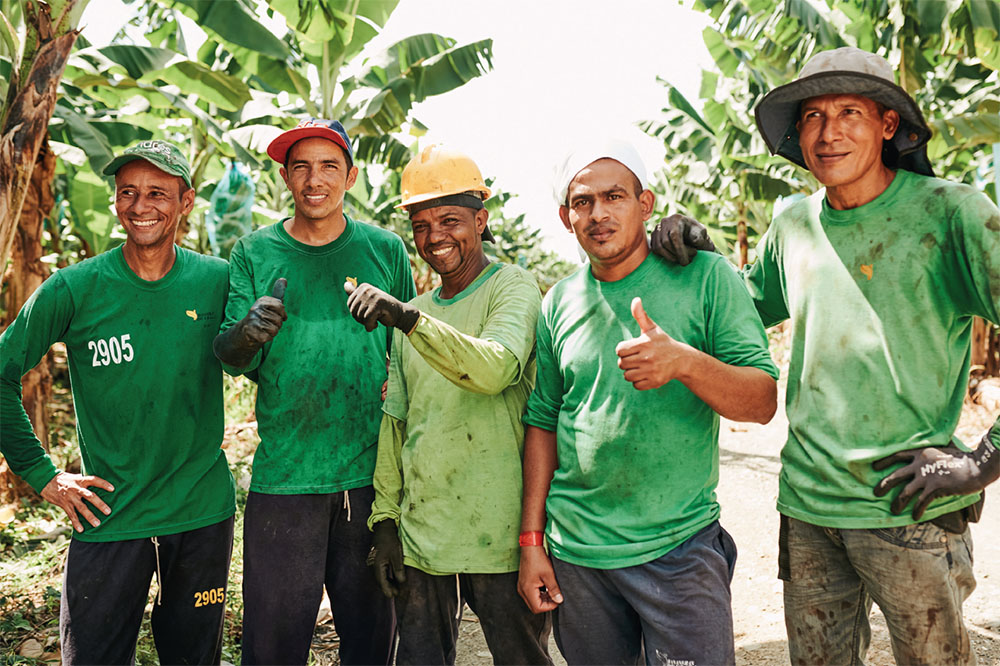Start tackling poverty by asking the right questions
Trade union freedom and social dialogue are essential to respect the rights of workers in the agri-food sector. Gaining insight into the human rights situation in supply chains starts with asking the right questions. Parties to the international RBC Agreement for the Food Products Sector and Fairtrade have developed a flyer to help companies.
 © Tobias Thiele
© Tobias Thiele
The flyer contains concrete questions that traders, buyers and retailers can ask their suppliers. This allows them to get a better understanding of the human rights situation in their supply chains. By doing so, they contribute to fair work and economic growth (SDG 8). Moreover, engaging with suppliers is an important part of responsible business conduct (RBC) and one of the steps in the implementation of due diligence.
CNV Internationaal and Fairtrade took the initiative for the flyer. “If we want everyone in the agri-food supply chain to earn enough to live on, we need to start dialogue about this topic and continue to do so”, says Eva Smulders, coordinator of RBC at CNV Internationaal. “Trade union freedom is an important aspect, because it allows workers to unite and discuss their interests with employers. By asking questions about trade union freedom in their production chain, international companies can actively contribute to this.”
Karen Bouwsma, senior policy advisor Fairtrade Netherlands, adds: “Showing interest in the local relations between employees and employers always yields interesting insights and can even open doors for a (more) constructive dialogue. This is super important, because a good consultation structure contributes to sustainable economic and social development. We all benefit from that!”
FNV and Globalmarch also support the initiative. They have contributed, because they believe this initiative can be the start of a broader chain dialogue in the agri-food sector.
Download the flyer 'Questions to address freedom of association and social dialogue in the agrifood sector'
